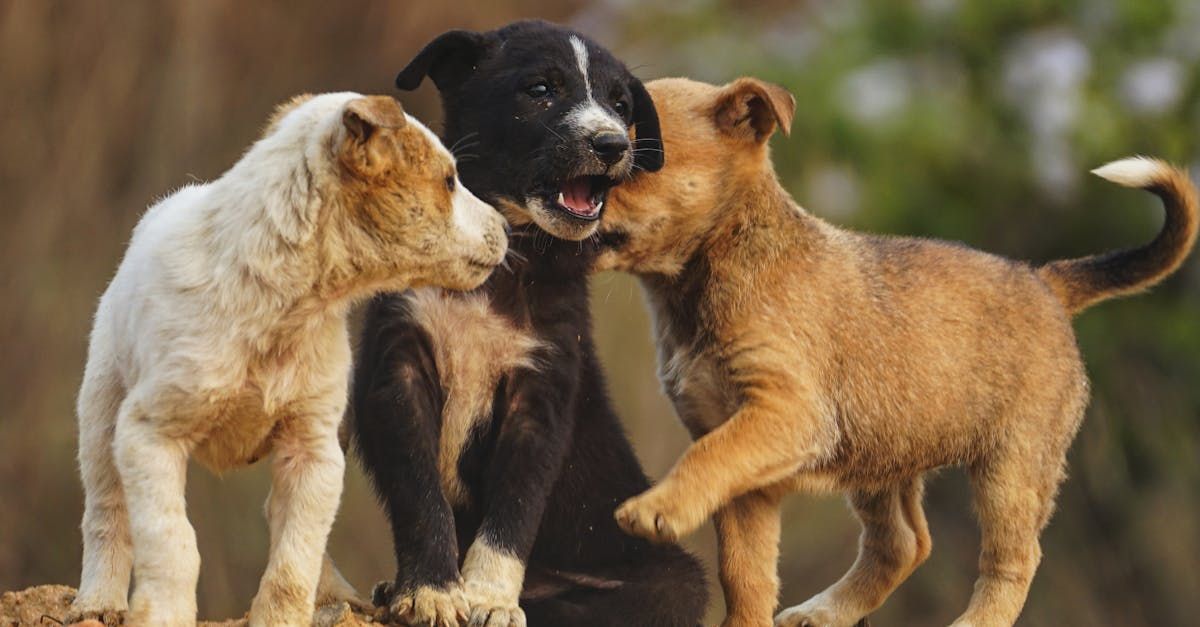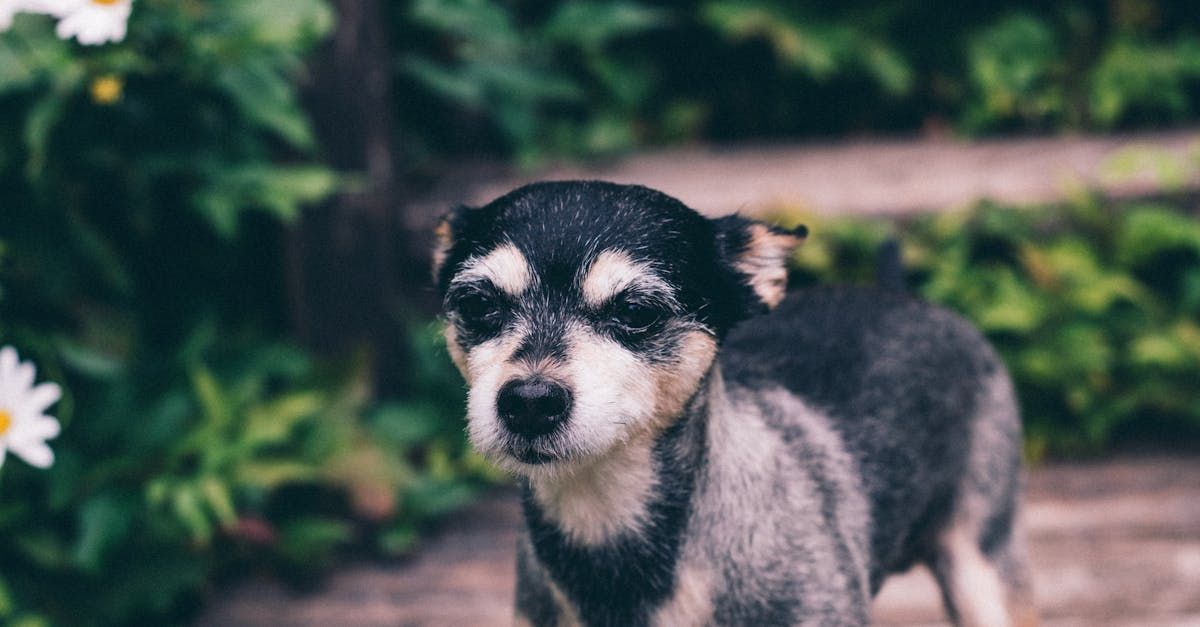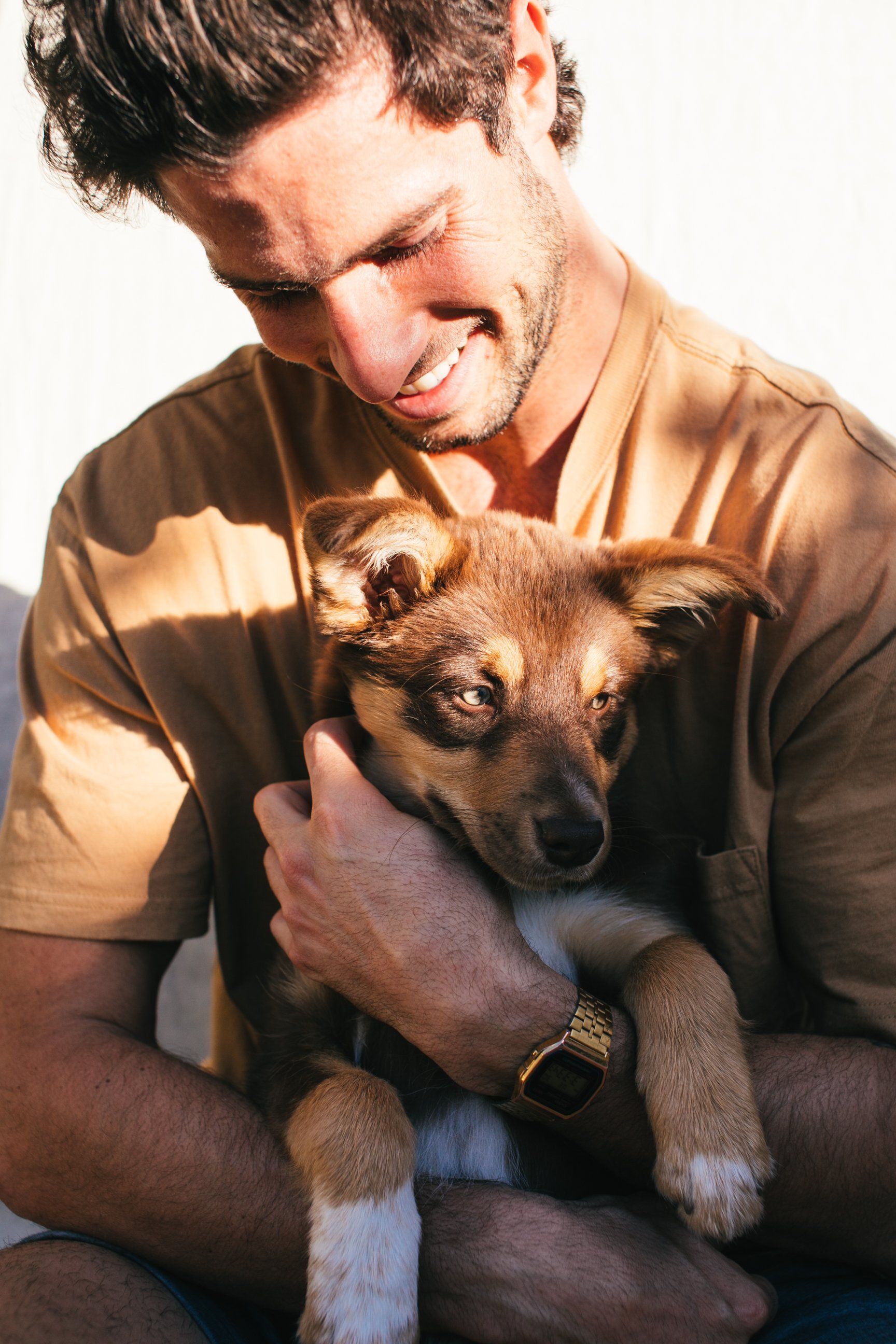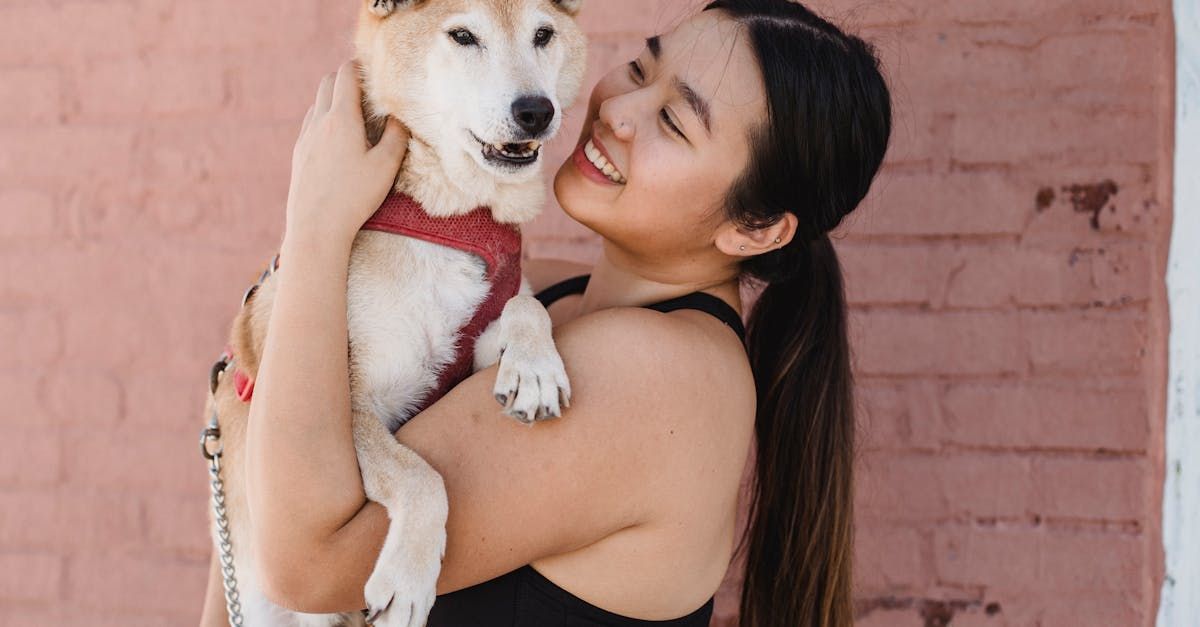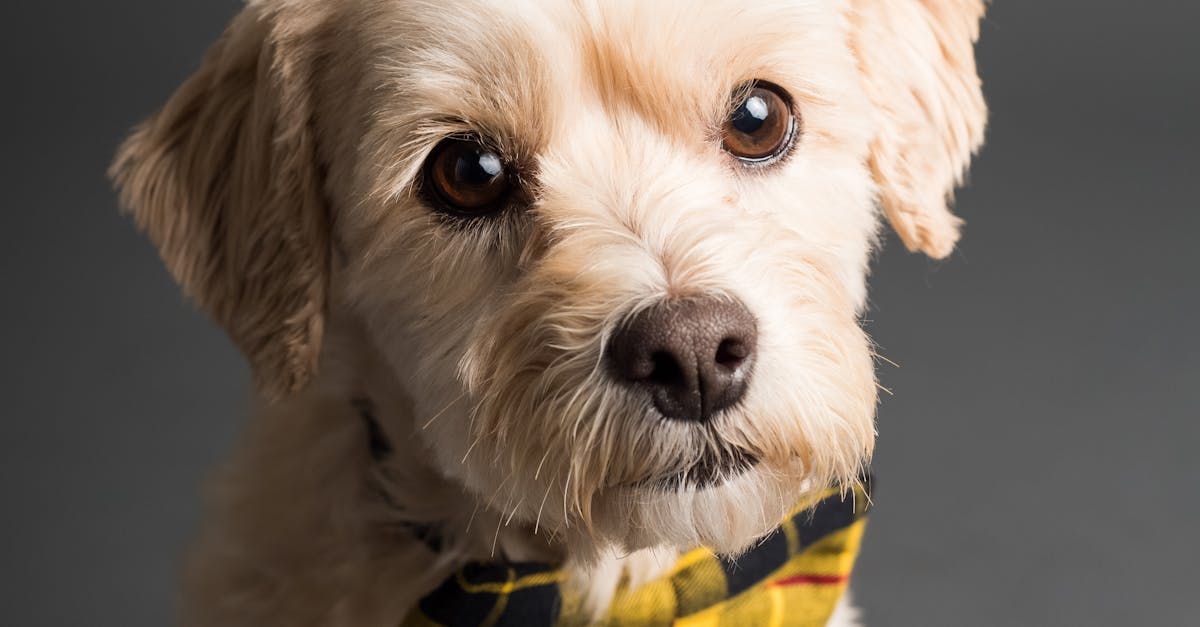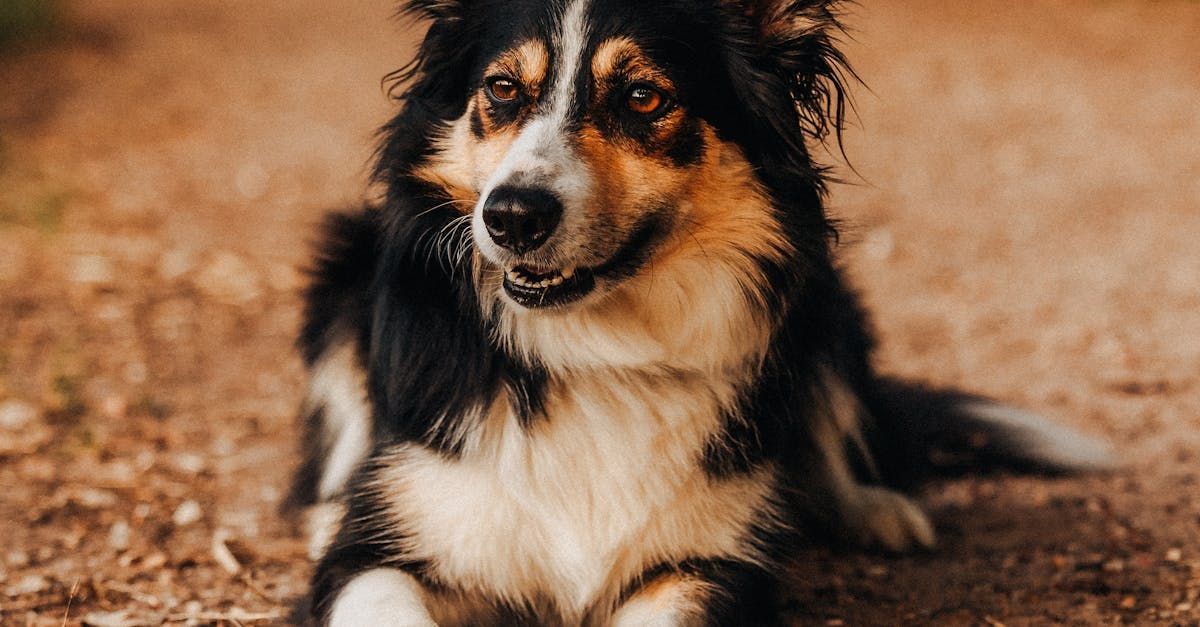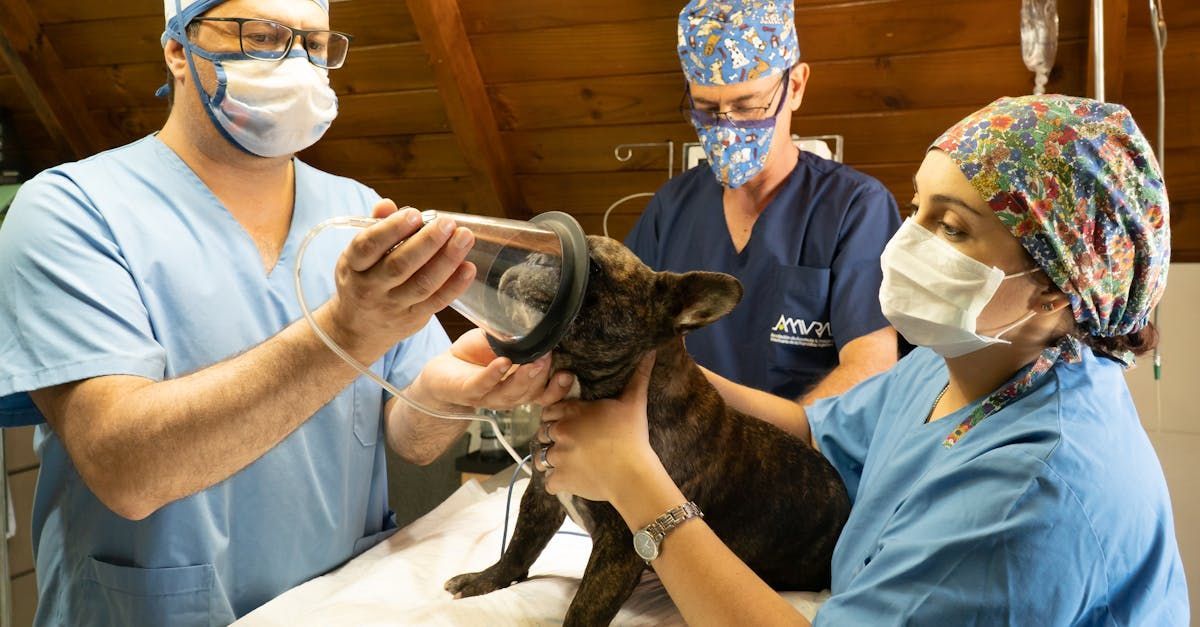Understanding Canine Parvovirus: Symptoms, Treatment, and Prevention for Dog Owners
Understanding Canine Parvovirus: Symptoms, Treatment, and Prevention for Dog Owners
Canine parvovirus, commonly known as parvo, is a highly contagious and potentially deadly viral disease that primarily affects dogs, especially puppies. Understanding the causes, symptoms, and treatment of parvo is crucial for dog owners to protect their furry companions. In this blog post, we will delve into what parvo is, how it can be contracted, the signs to watch out for, and what to do if your dog is diagnosed with the virus. Additionally, we will emphasize the importance of vaccinations in preventing this devastating disease.
What is Parvo?
Canine parvovirus is a highly contagious virus that attacks a dog's gastrointestinal tract, leading to severe vomiting, diarrhea, dehydration, and in some cases, death. The virus is resistant and can survive in the environment for an extended period, making it easy to spread from one dog to another.
How is Parvo Contracted?
Parvo is typically spread through direct contact with an infected dog's feces, contaminated objects, or environments. Puppies are particularly vulnerable to the virus due to their immature immune systems. Dogs that have not been vaccinated or are not up to date on their vaccinations are at a higher risk of contracting parvo.
Signs of Parvo:
The signs of parvo can vary in severity, but common symptoms include:
1. Severe and bloody diarrhea
2. Vomiting
3. Lethargy
4. Loss of appetite
5. Dehydration
6. Fever
7. Abdominal pain
If you notice any of these symptoms in your dog, especially if they are unvaccinated or have been exposed to the virus, it is crucial to seek veterinary care immediately.
What to Expect and Do if Your Dog has Parvo:
If your dog is diagnosed with parvo, the treatment will typically involve hospitalization, intravenous fluids to combat dehydration, antibiotics to prevent secondary infections, and supportive care to help your dog's immune system fight the virus. The prognosis for dogs with parvo depends on the severity of the infection, the dog's age, overall health, and how quickly treatment is initiated.
It is essential to follow your veterinarian's recommendations closely and provide a quiet and clean environment for your dog to recover. Isolation from other dogs is crucial to prevent the spread of the virus.
Importance of Vaccinations:
Vaccinations play a vital role in preventing parvo and other deadly diseases in dogs. Puppies receive a series of vaccinations against parvovirus starting at around 6-8 weeks of age, with additional doses given every 3-4 weeks until they are about 16 weeks old. The immunity provided by these vaccinations gradually builds up with each dose. In most cases, puppies are considered to have full immunity to parvovirus about two weeks after their final vaccination in the series, which is typically administered around 16 weeks of age.
It is important to follow your veterinarian's recommended vaccination schedule and not expose your puppy to potentially infected environments until they have completed the full series of vaccinations. This will help ensure that your puppy develops strong immunity against parvovirus and other diseases, providing them with the best protection possible.
Conclusion:
Canine parvovirus is a serious and potentially fatal disease that all dog owners should be aware of. Understanding the causes, symptoms, and treatment of parvo is essential for early detection and prompt intervention. Vaccinations are a crucial tool in preventing parvo and other infectious diseases, so make sure to follow your veterinarian's recommendations for a vaccination schedule tailored to your dog's needs. By staying informed and proactive, you can help protect your beloved canine companion from the devastating effects of parvo and ensure a long and healthy life together.



